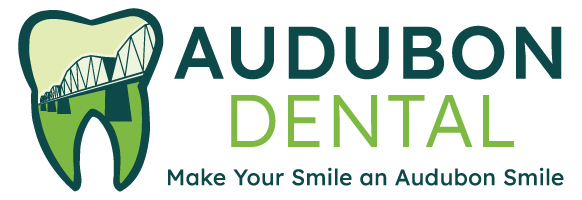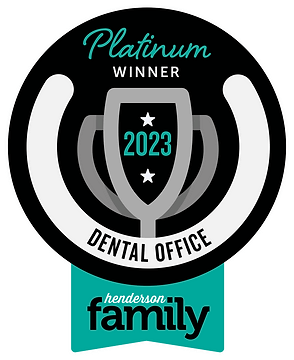Dentures are a common dental appliance used by millions of people worldwide. However, without proper maintenance, dentures can become a breeding ground for bacteria and germs, leading to oral health issues. Maintaining proper oral hygiene with dentures is crucial for overall health and comfort.
If you want to ensure the longevity and effectiveness of your dentures, it’s essential to follow a regular cleaning routine. With the right tips and techniques, you can keep your dentures looking and feeling fresh. In this article, we will discuss eight helpful tips for keeping your dentures clean and maintaining good oral hygiene.
1. Follow the Dentist’s Instructions
To begin, always follow the instructions provided by your dentist or denture specialist on how to clean and care for your dentures. Different types of dentures may require specific cleaning methods or products, so it’s important to adhere to their recommendations. By following these instructions, you can ensure that you are properly caring for your dentures and preventing any damage or buildup of bacteria.
2. Clean Dentures Daily
It’s important to clean your dentures daily to remove food particles, plaque, and bacteria. Use a soft-bristled brush or denture-specific brush to gently scrub your dentures with mild soap or denture cleaner. Avoid using toothpaste, as it can be abrasive and damage the dentures. Rinse thoroughly with water after cleaning.
3. Soak Dentures Overnight
In addition to daily cleaning, it’s recommended to soak your dentures overnight in a denture-cleaning solution. This helps to remove stubborn stains and bacteria that may not be removed through brushing alone. Be sure to follow the instructions on the cleaning solution for proper usage and dilution.
4. Keep Dentures Moist
It’s important to keep your dentures moist when they are not being worn to prevent them from drying out and becoming brittle. Store them in a denture cleaning solution or water to maintain their shape and integrity.
5. Brush Your Gums and Tongue
Even if you have dentures, it’s still essential to brush your gums and tongue twice a day with a soft-bristled brush to remove bacteria and prevent oral health issues. This can also help with keeping your breath fresh.
6. Visit Your Dentist Regularly
Regular dental check-ups are important for maintaining good oral health, even with dentures. Your dentist can inspect your dentures for any signs of damage or wear, as well as provide professional cleaning to remove stubborn stains and bacteria.
7. Avoid Hot Water
Hot water can warp or damage dentures, so it’s best to use lukewarm or cool water when cleaning them. Avoid boiling water or placing your dentures in the dishwasher, as this can lead to deformation or discoloration.
Let Us Give You an Audubon Smile
The staff at Audubon Dental is committed to providing you with prompt, professional, and personal service. Discover the possibilities of a radiant and confident smile by scheduling a consultation with us today. Your journey to a brighter, healthier, and more beautiful smile begins here!












